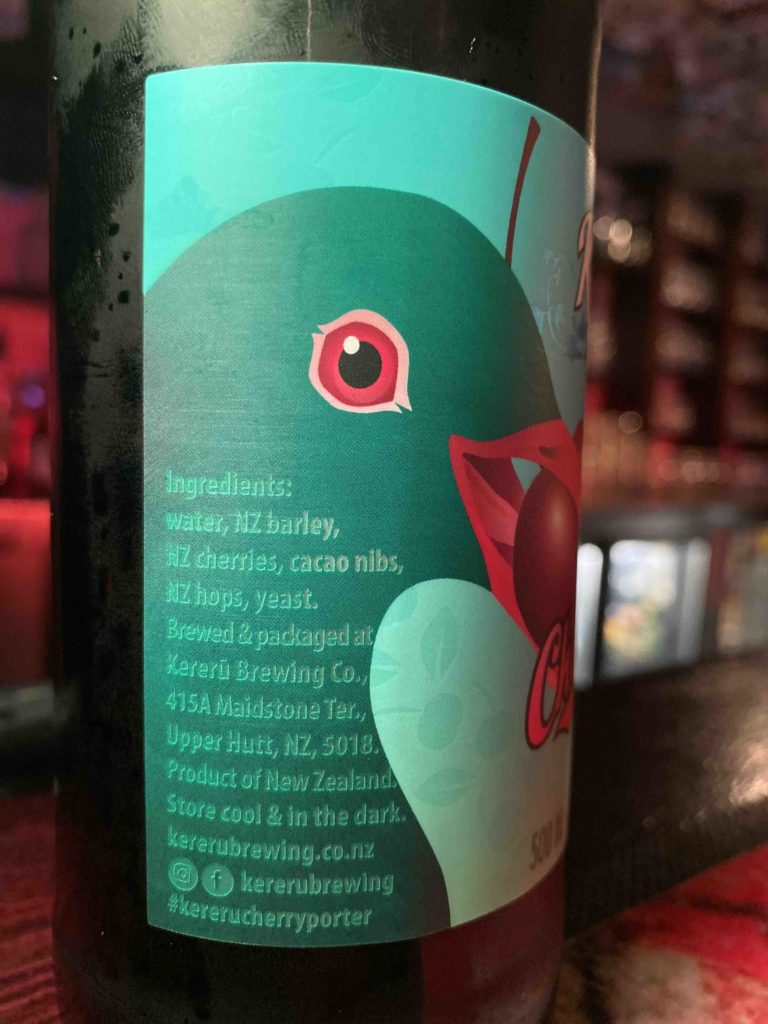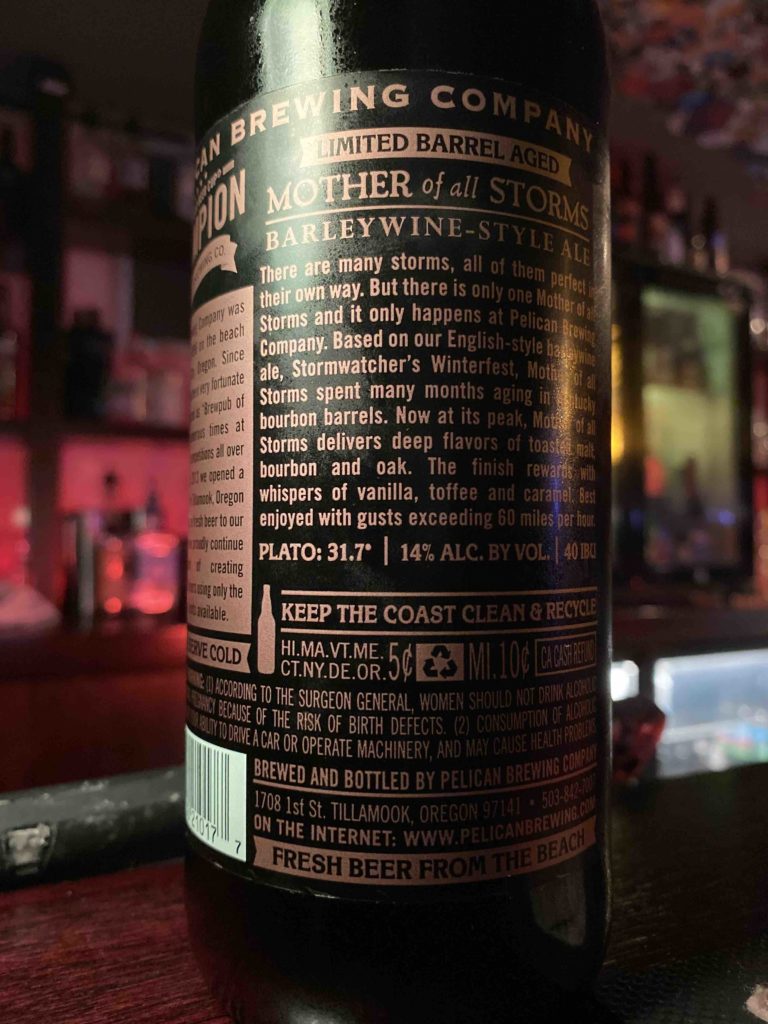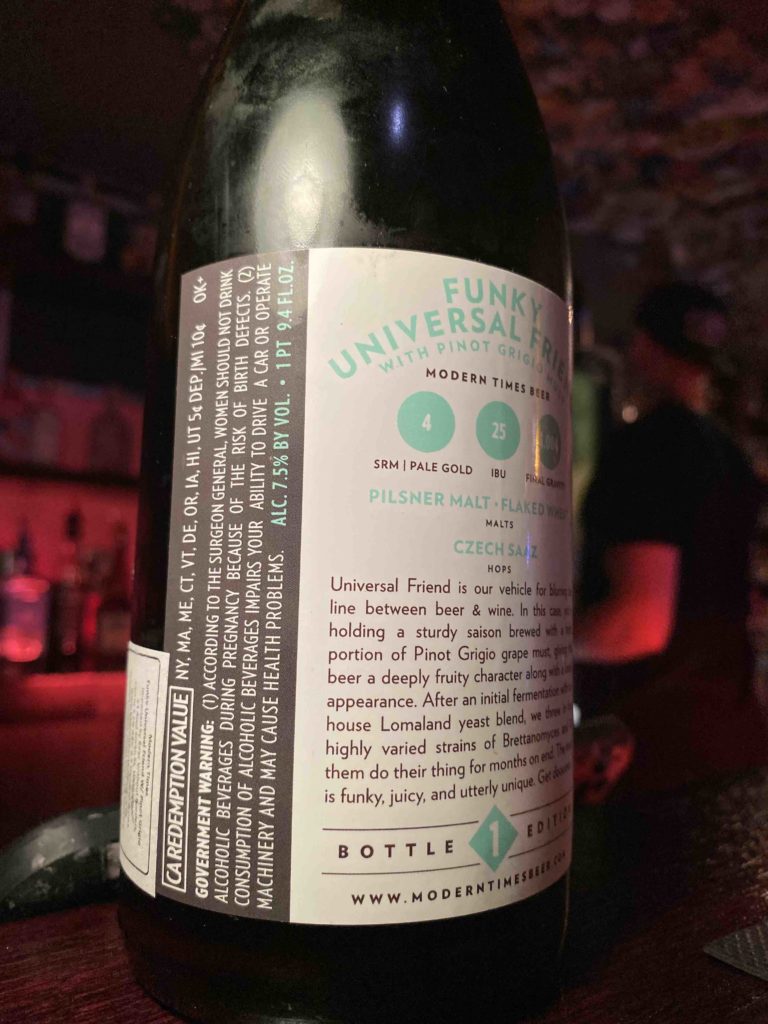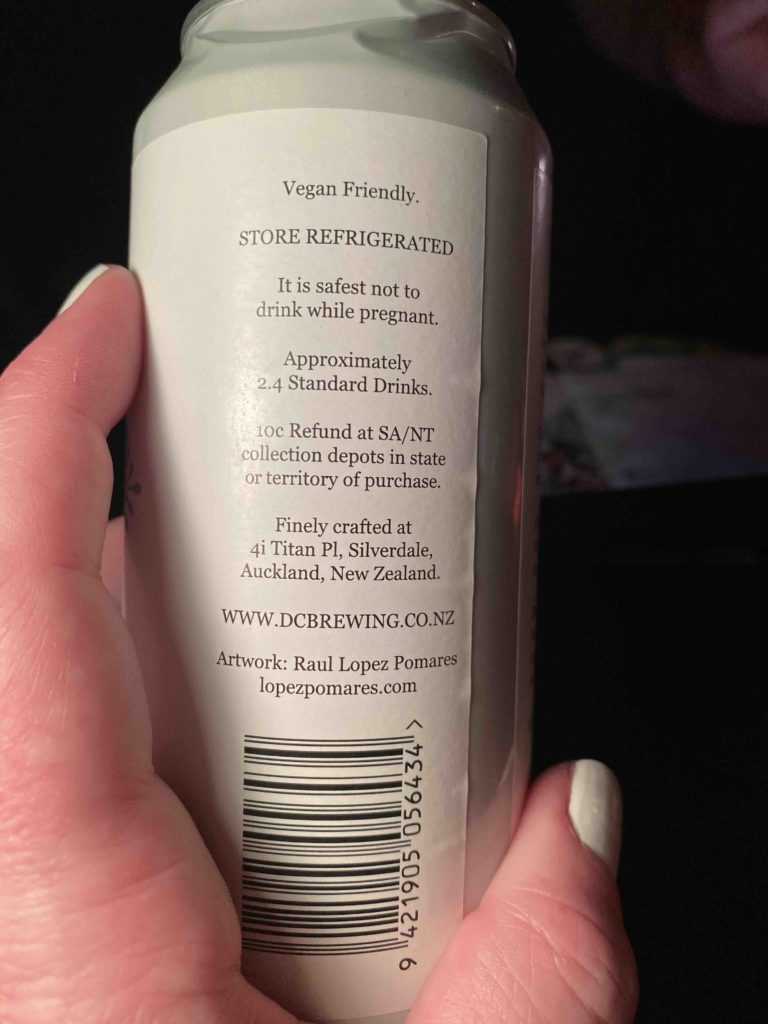Who knows what’s actually in craft beer? HADYN GREEN explains why it matters, and why he’s on the warpath to find out.

Ever read a can of beer? Or a bottle label? I wouldn’t blame you if you hadn’t, there’s not a lot on there.
A modern beer label will have some great art, a short blurb detailing the brewers thought process behind the brew, and maybe some legal stuff like alcohol percentages and not to drink while pregnant, but that’s about it.
What you don’t see on many labels is an ingredients list. And in this era of craft brewing, that is an incredibly important omission.
I’m lactose intolerant, so I know to avoid a whole host of dairy products, and these days, certain beers. Lactose is an unfermentable sugar, meaning beer yeast can’t eat it. So, some beer styles, like milk stouts, use lactose to add sweetness and a creamy texture.

This was fine while beers still had “milk” in the name, but now you’ve got hazy, New England IPA style beers, that some brewers make into “milkshake” IPAs. And the beers have fancy names that don’t always reflect their secret ingredient. And then some brewers will just add lactose to any old beer for a bit of “oomph” to the sweetness.
Ironically cream ale is lactose free. Unless you get Garage Project’s version.
I can tell you; secret lactose is not a pleasant experience.
All this means is I have to ask about any beer on tap that I suspect may contain lactose and simply avoid any beer that doesn’t mention it on the label. (Obviously there are some beers I don’t bother to worry about, but I eye every stout and cloudy IPA suspiciously).

And it’s not just milk proteins. Craft beers are filled with all sorts of ingredients from various fruits to sea food. It becomes a minefield for those with allergies. And while you can argue that it’s an over-reaction, I would counter that you have likely not had an evening confined to the bathroom because you’ve been subjected to a poison.
And this doesn’t cover those who love beer but are vegan or vegetarian. Most beers are vegan by the simple fact that beer is just boozy porridge. You may have heard that beer (and wine) use fish or eggs for finings (taking out certain chemical compounds from the beer at the end of the brewing process). This used to be the case, but most breweries now use vegetarian options instead.
Breweries are quite good about explaining all the additives if you ask at a bar or cellar door. But when it comes to supermarket shelves the consumer is left in the dark.

The Brewers’ Association (not to be confused with the Brewers’ Guild) represent New Zealand’s large commercial breweries. They recently made a push for beer labels to contain nutritional information. This is an incredibly useless idea. Beer is made of sugary water that has yeast put in it, to list exactly how much sugar isn’t helpful, except for those who are deluding themselves with low-carb beers.
It’s also difficult and expensive for small brewers to get nutritional testing done, especially if they’re putting out dozens of small batches.
This is a drum I’ve been beating for a long time. There are breweries that put their full ingredient list on the label. Some even go so far as to put the recipe. But it’s not a blanket policy yet. And until then drinkers like me will keep avoiding buying certain beers off the shelf because who knows what mysterious ingredients are in them.















